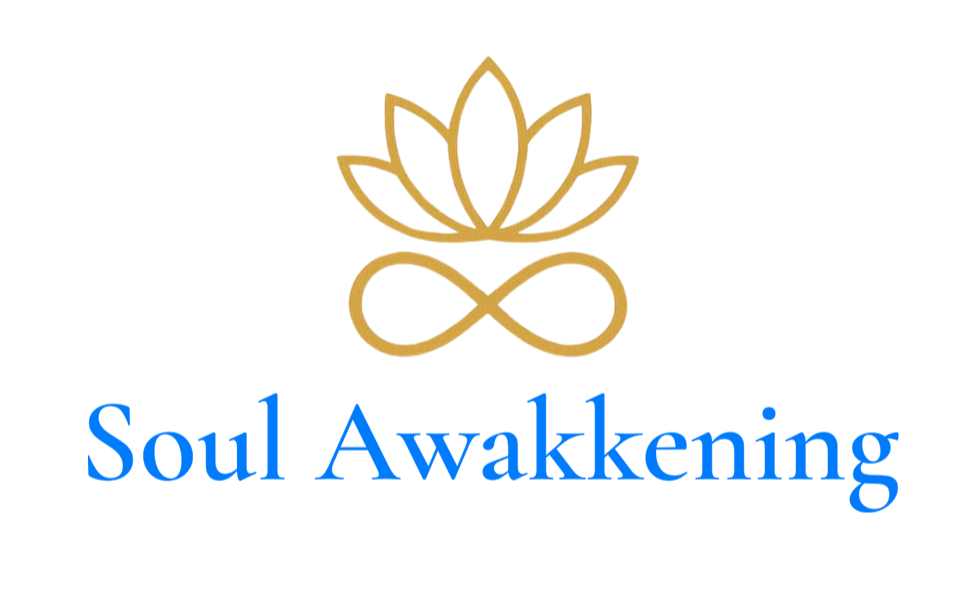Achieve Emotional Peace with Inner Healing
- Monnalisa Royy
- Aug 19, 2025
- 3 min read
Emotional peace is a state many seek but few truly understand how to achieve. Life’s challenges, past traumas, and daily stresses can leave emotional wounds that affect our well-being. Healing these wounds is essential for living a balanced and fulfilling life. This blog post explores practical emotional healing methods that can help you regain peace and harmony within yourself.
Understanding Emotional Healing Methods
Emotional healing methods are techniques and practices designed to help individuals process and release emotional pain. These methods aim to restore emotional balance and promote mental clarity. Healing emotionally is not about ignoring pain but facing it with compassion and tools that support recovery.
Some common emotional healing methods include:
Mindfulness and Meditation: These practices help you stay present and observe your emotions without judgment.
Journaling: Writing down your feelings can clarify thoughts and uncover hidden emotions.
Therapy and Counseling: Professional guidance can provide safe spaces to explore and heal emotional wounds.
Energy Healing: Techniques like Reiki or chakra balancing aim to clear emotional blockages.
Breathwork: Controlled breathing exercises can reduce anxiety and promote calmness.
Each method offers unique benefits, and often, combining several approaches yields the best results.

How to Start Your Emotional Healing Journey
Starting your emotional healing journey can feel overwhelming, but breaking it down into manageable steps makes it easier. Here’s a simple guide to begin:
Acknowledge Your Emotions
Recognize and accept your feelings without self-criticism. This step is crucial for healing.
Create a Safe Environment
Find a quiet, comfortable space where you can reflect and practice healing methods.
Choose Your Healing Method
Experiment with different techniques like meditation, journaling, or therapy to find what resonates with you.
Set Realistic Goals
Healing takes time. Set small, achievable goals to track your progress.
Seek Support
Don’t hesitate to reach out to trusted friends, support groups, or professionals.
By following these steps, you build a foundation for emotional recovery and growth.

What are the 4 Types of Healing?
Healing is a multifaceted process that involves different dimensions of our being. Understanding the four types of healing can deepen your approach to emotional peace:
Physical Healing
Focuses on the body’s recovery from injury or illness. Physical health impacts emotional well-being significantly.
Emotional Healing
Involves processing feelings such as grief, anger, or fear to restore inner balance.
Mental Healing
Addresses thought patterns, beliefs, and cognitive processes that affect mental health.
Spiritual Healing
Connects you to a higher purpose or sense of meaning, often involving practices like prayer or meditation.
Each type supports the others, creating a holistic healing experience.

Practical Tips for Sustaining Emotional Peace
Maintaining emotional peace requires ongoing effort and self-care. Here are some practical tips to help you sustain your healing progress:
Practice Daily Mindfulness
Spend a few minutes each day focusing on your breath or surroundings to stay grounded.
Set Boundaries
Protect your emotional energy by saying no to situations or people that drain you.
Engage in Creative Activities
Art, music, or dance can be powerful outlets for emotional expression.
Stay Physically Active
Exercise releases endorphins that improve mood and reduce stress.
Nourish Your Body
Eat balanced meals and stay hydrated to support overall well-being.
Use Affirmations
Positive self-talk can reprogram negative beliefs and boost confidence.
Seek Professional Help When Needed
Sometimes, deeper emotional wounds require expert guidance.
Incorporating these habits into your daily routine can help you maintain emotional stability and resilience.
Embracing Inner Healing for Lasting Change
True emotional peace often comes from addressing the root causes of pain. This is where inner healing plays a vital role. Inner healing involves exploring past experiences, subconscious beliefs, and emotional blockages to release them fully.
Engaging in inner healing can lead to:
Greater self-awareness
Improved relationships
Enhanced emotional regulation
A deeper sense of peace and fulfillment
If you feel stuck or overwhelmed, consider seeking a one-to-one consultation with a qualified practitioner who can guide you through this transformative process.
Emotional healing is a journey, not a destination. By exploring and applying these emotional healing methods, you can move closer to a life filled with peace, joy, and emotional freedom. Take the first step today and embrace the healing you deserve.




Comments